Mystic Call by Karl L. King Concert Band - Sheet Music
By Karl L. King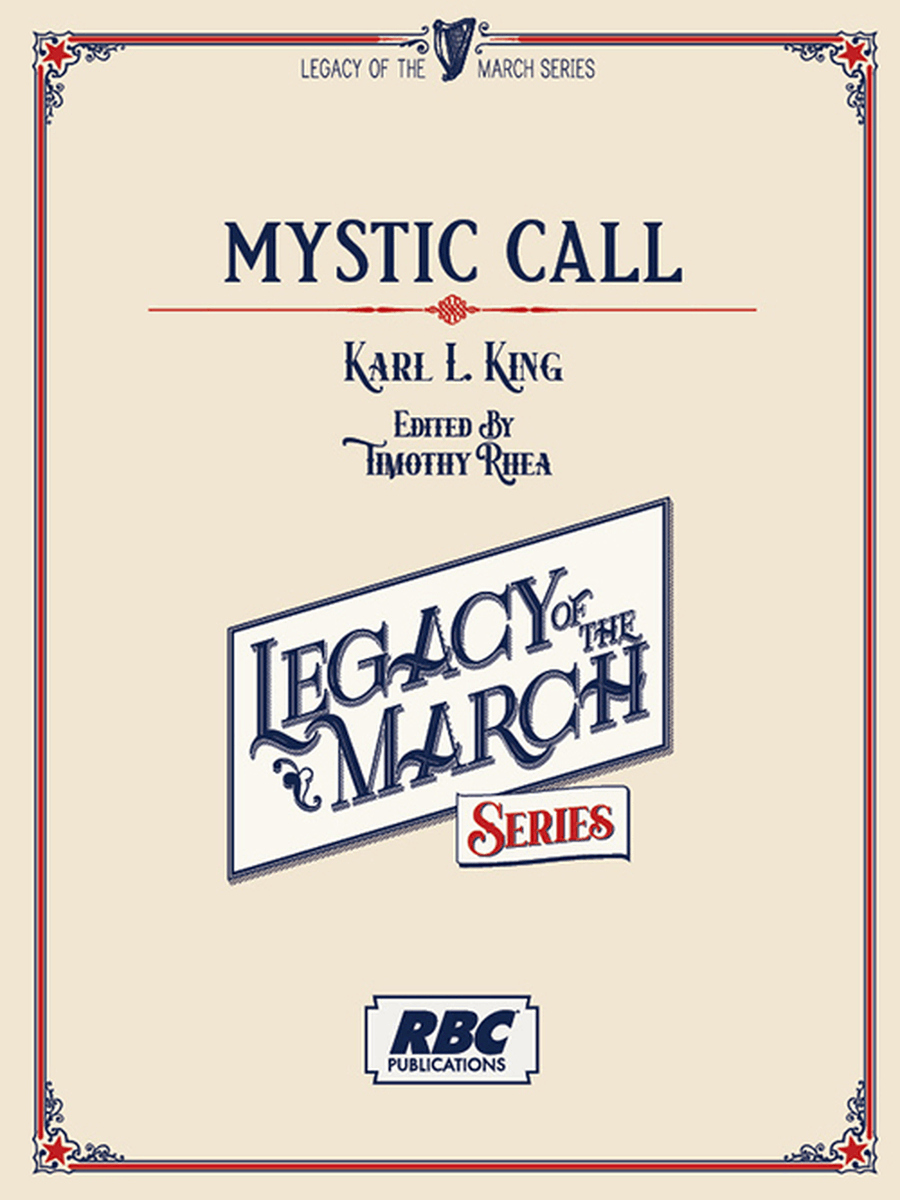
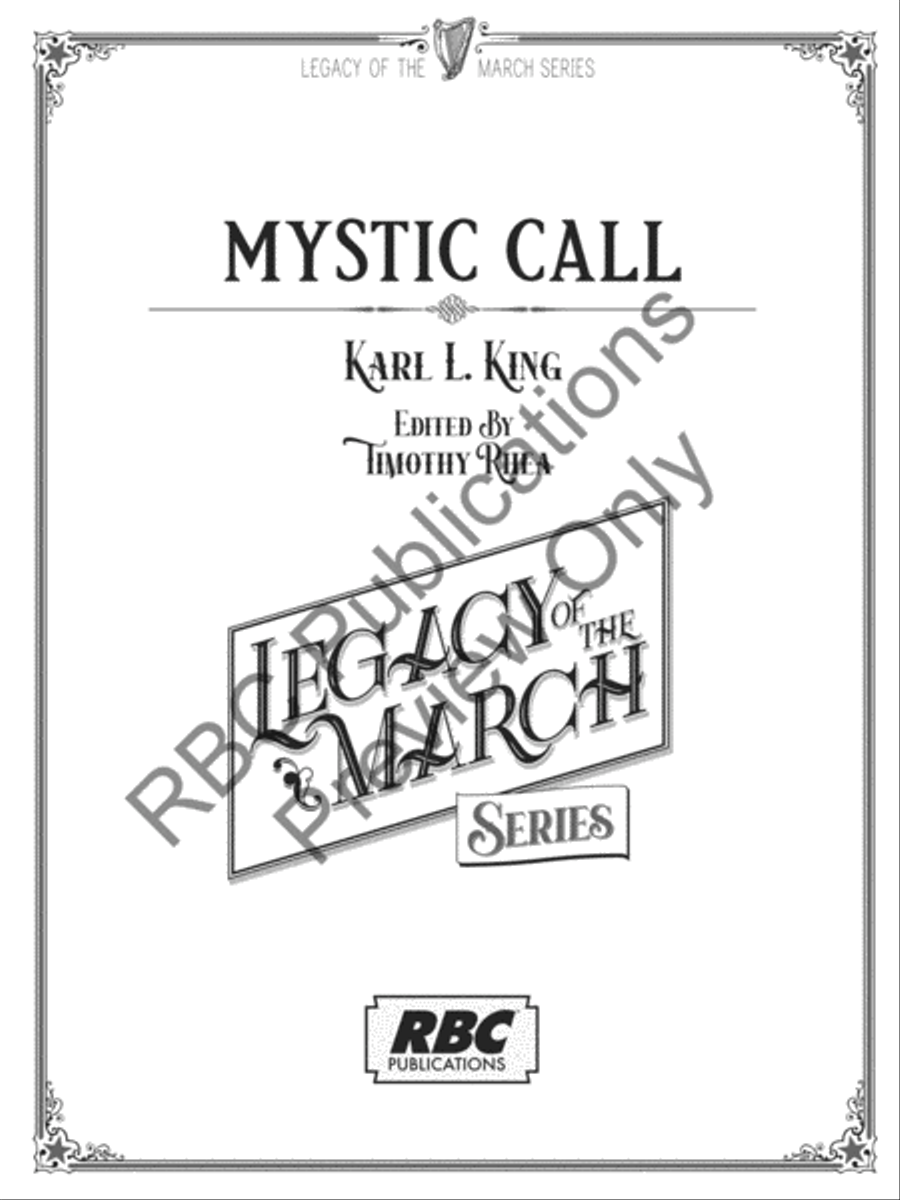
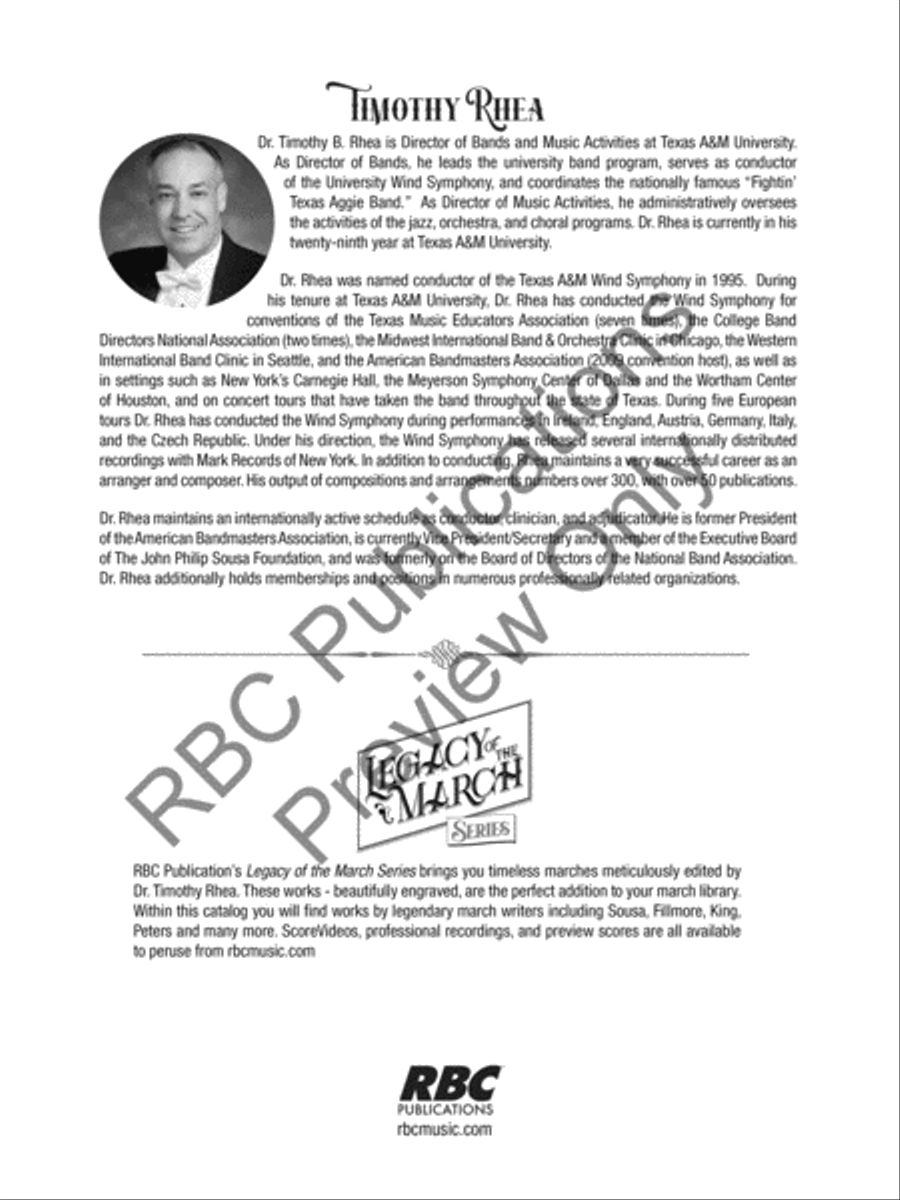
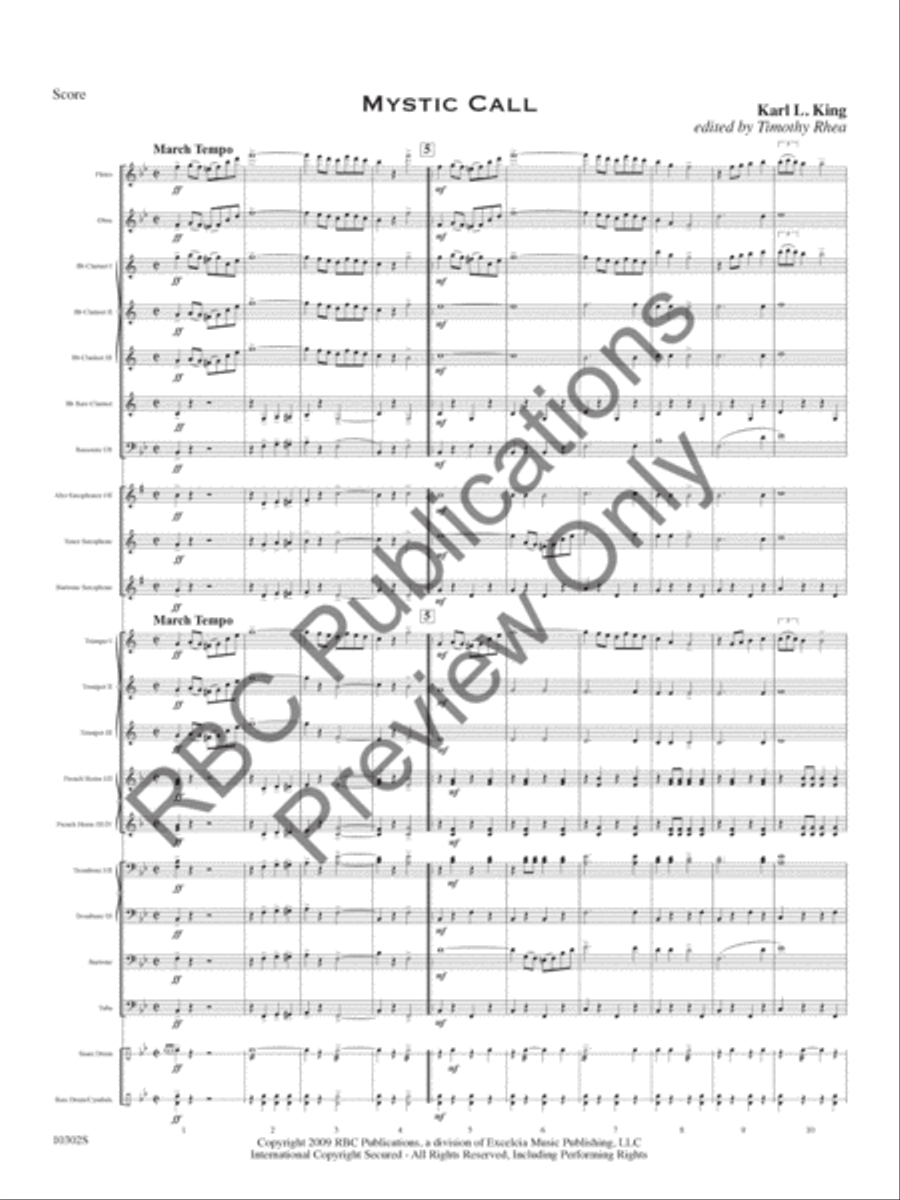

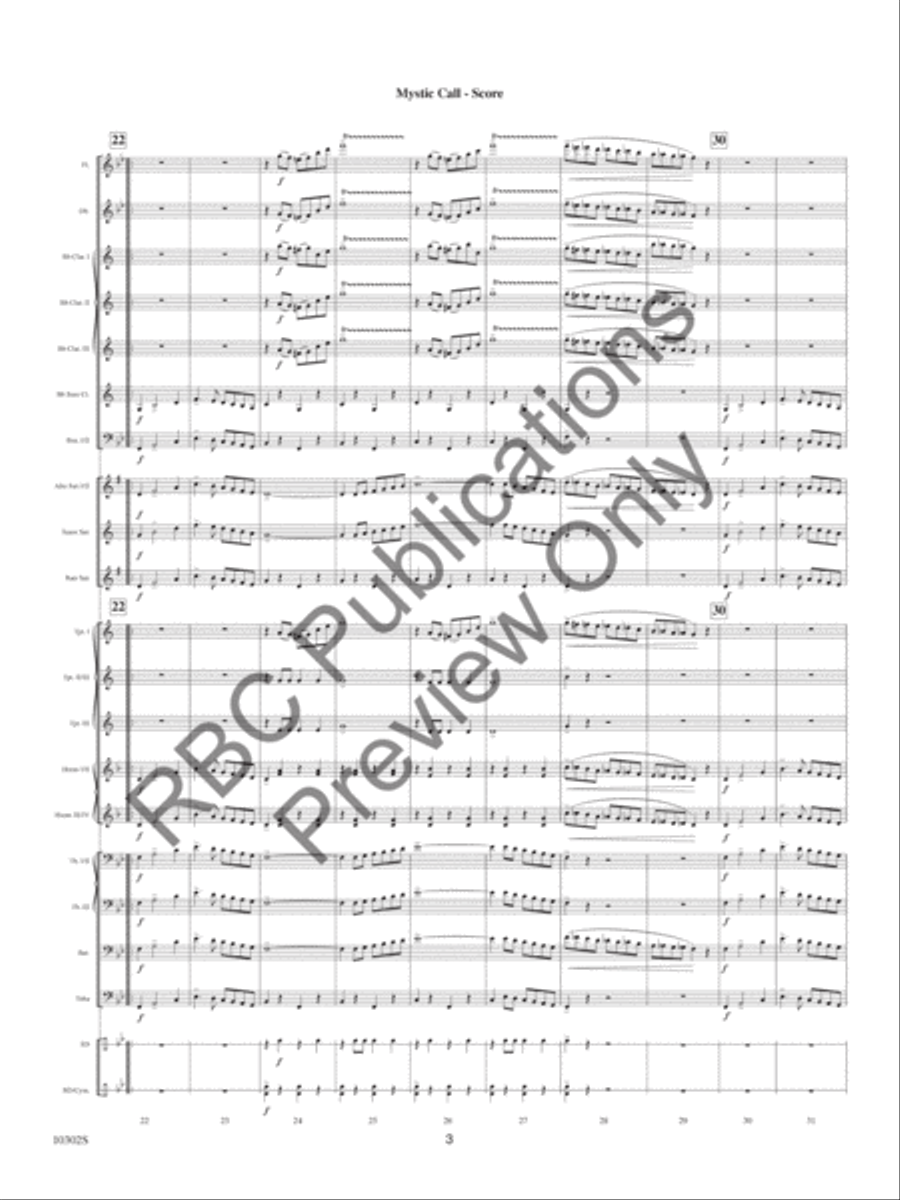
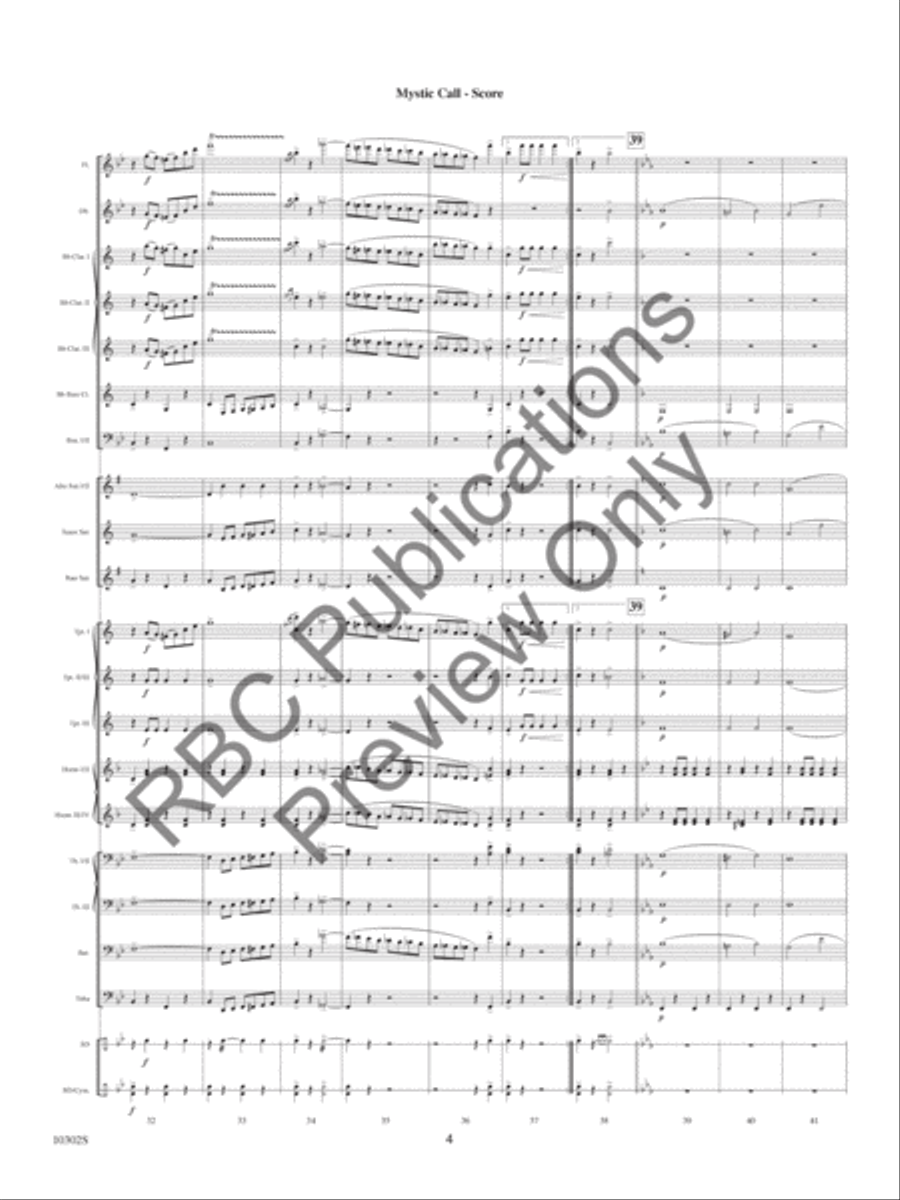
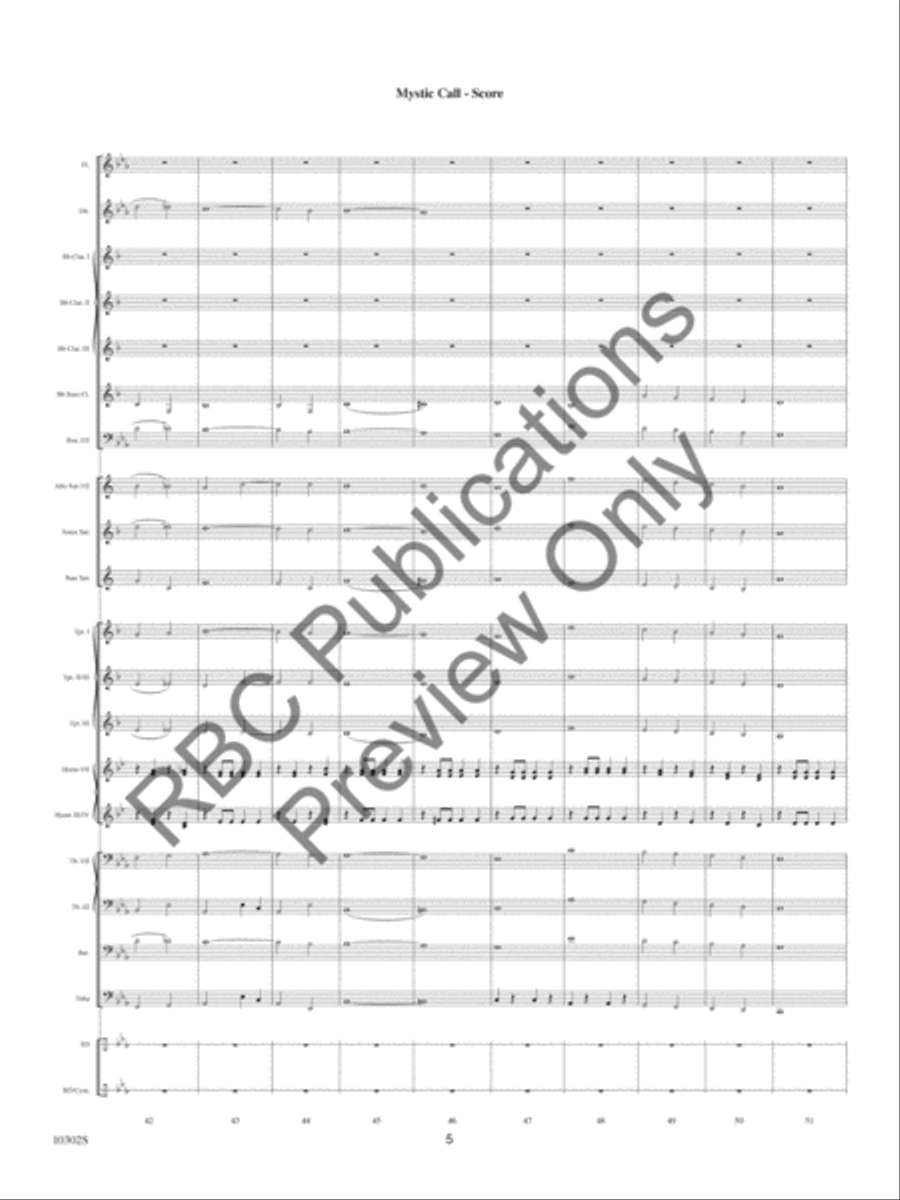
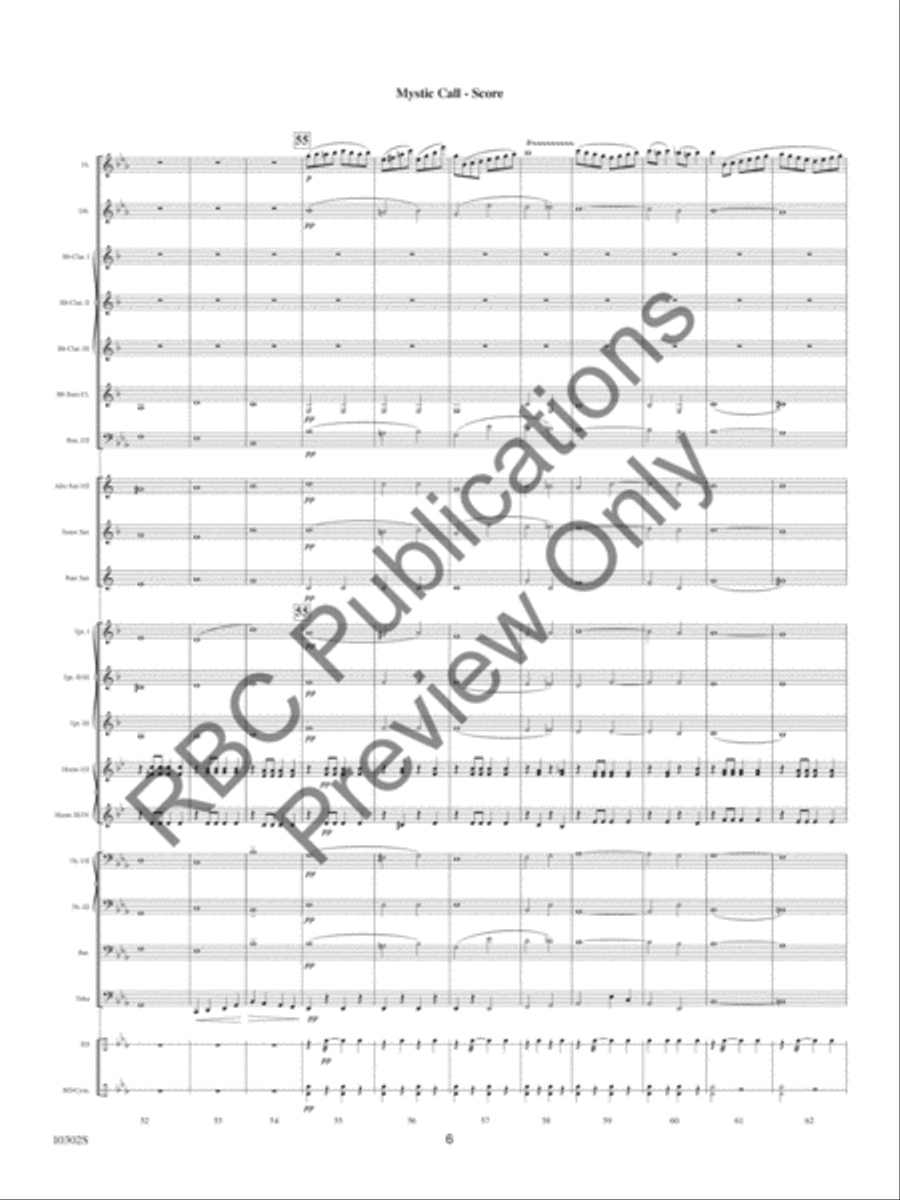
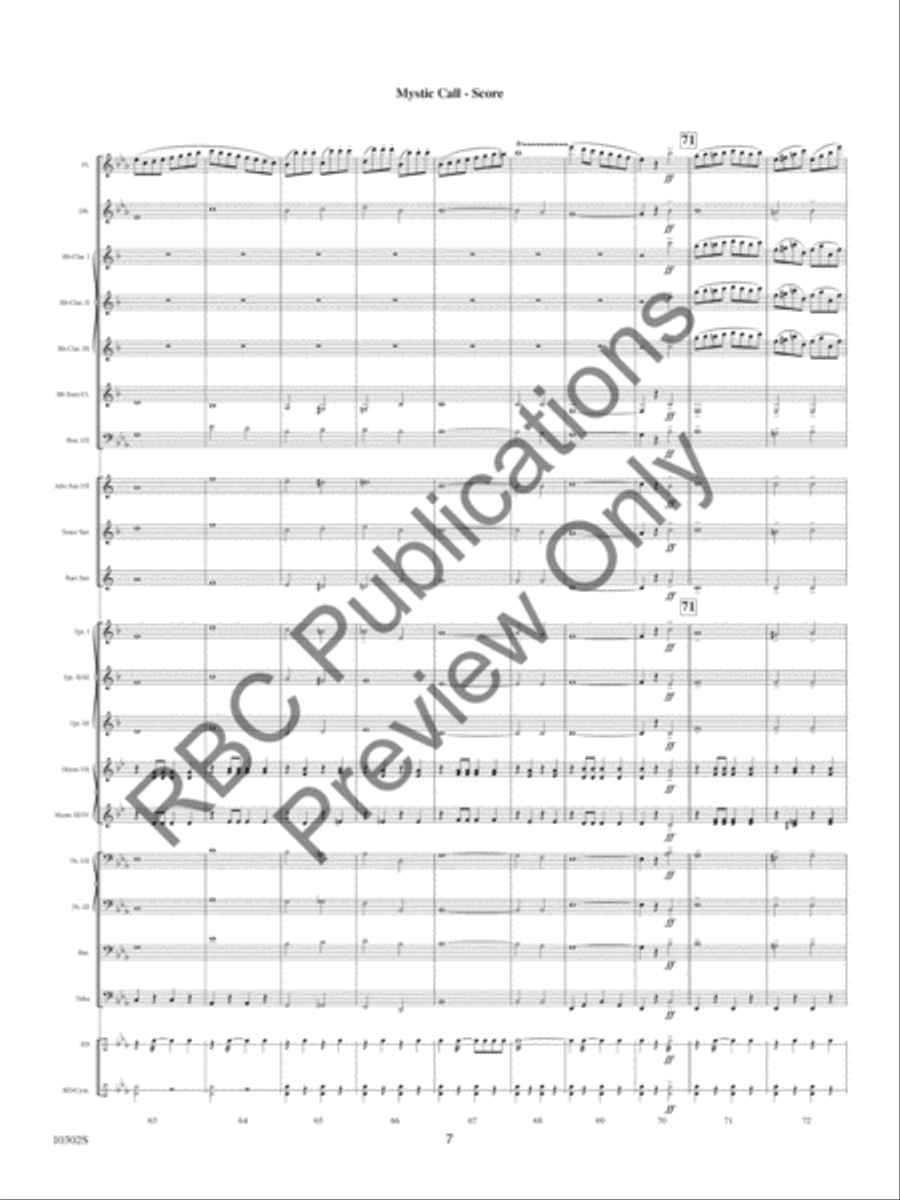
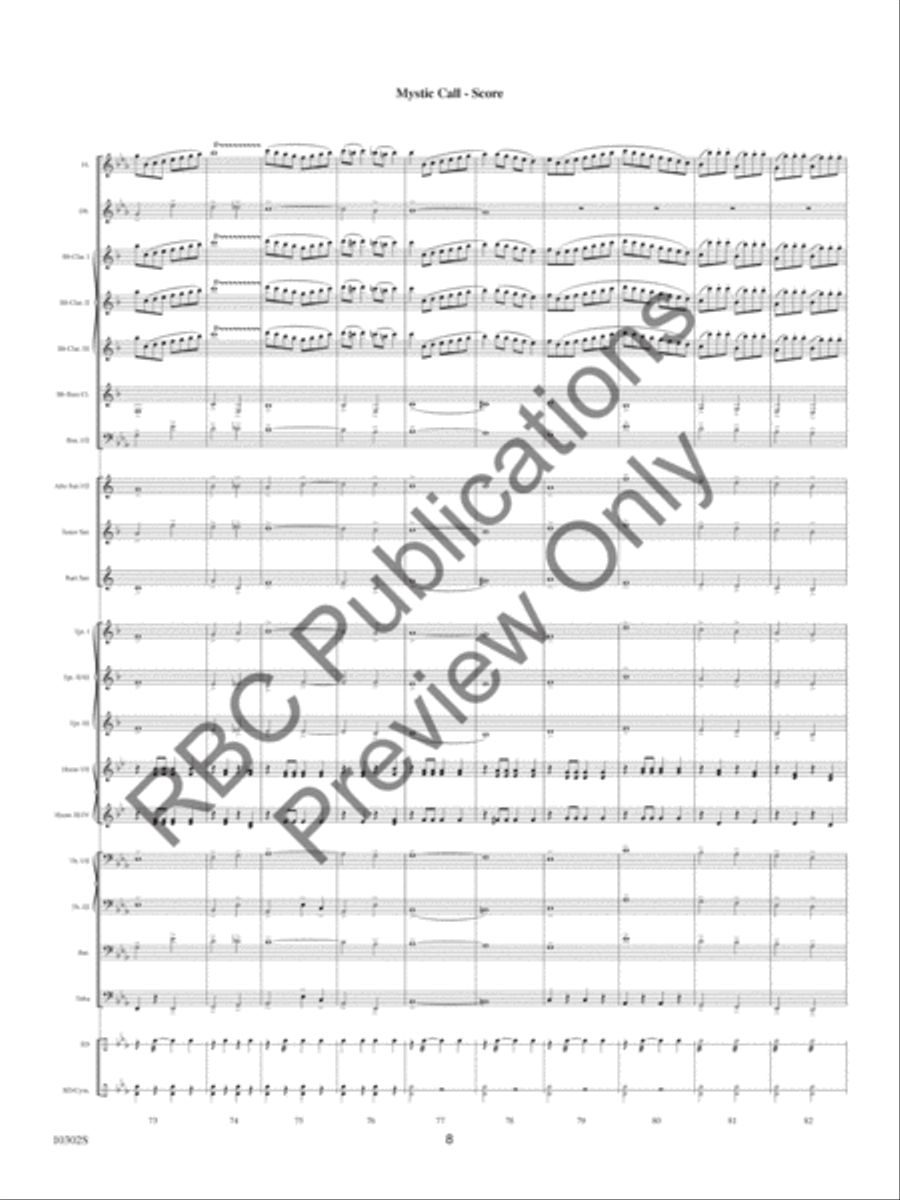
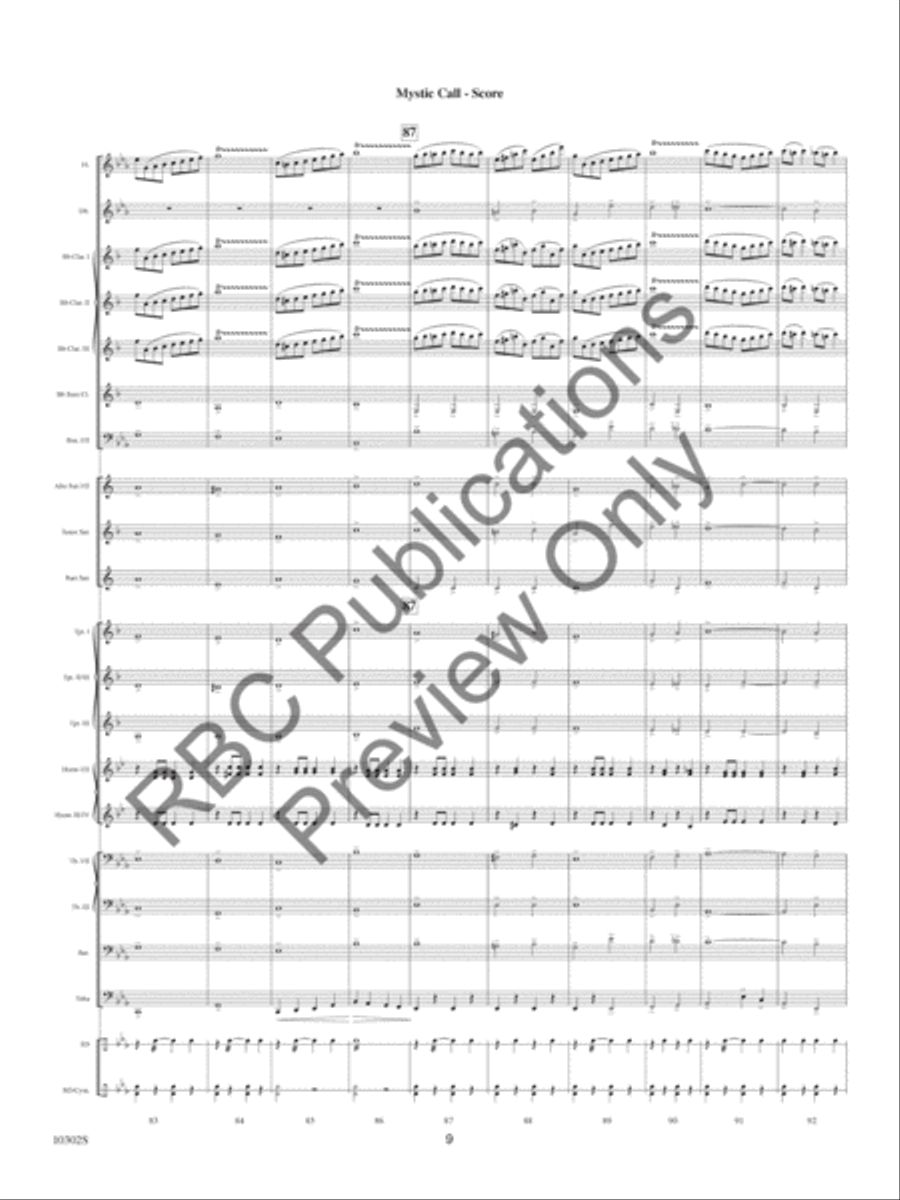
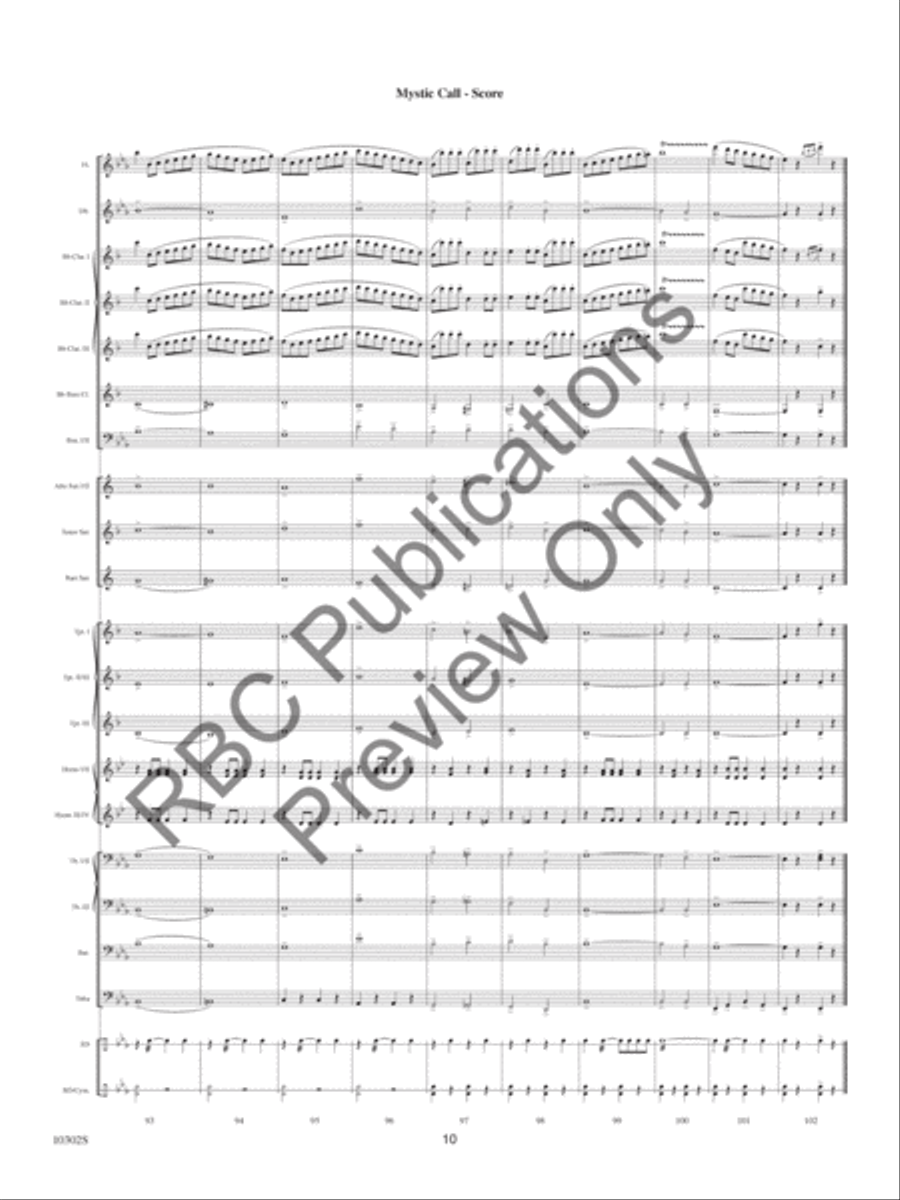













2 to 3 weeks
Original Price: $75.00
Price: $67.50
You save: $7.50 ~ 10%
{ "catalogRefId":"19805820", "productId":"prod19805820" } Add to Cart { "catalogRefId":"19805820", "productId":"prod19805820" }
2+ Pricing
-
Save on Multiple Copies
Order two or more copies of the same title and we'll automatically give you 5% off list price on that title.
To get 2+ Pricing , just add two or more copies of a title to your shopping cart. Your discount will be immediately applied to your order.
-
Sale titles, hymnals, and ShowKits (MTI's Broadway Junior Collection, Getting to Know... Collection (G2K) and MTI's Kids Collection) do not qualify for 2+ Pricing
If you have any questions or comments regarding 2+ Pricing , please feel free to email us at info@sheetmusicplus.com
Product Added to Cart
The item has been added to your cart.

